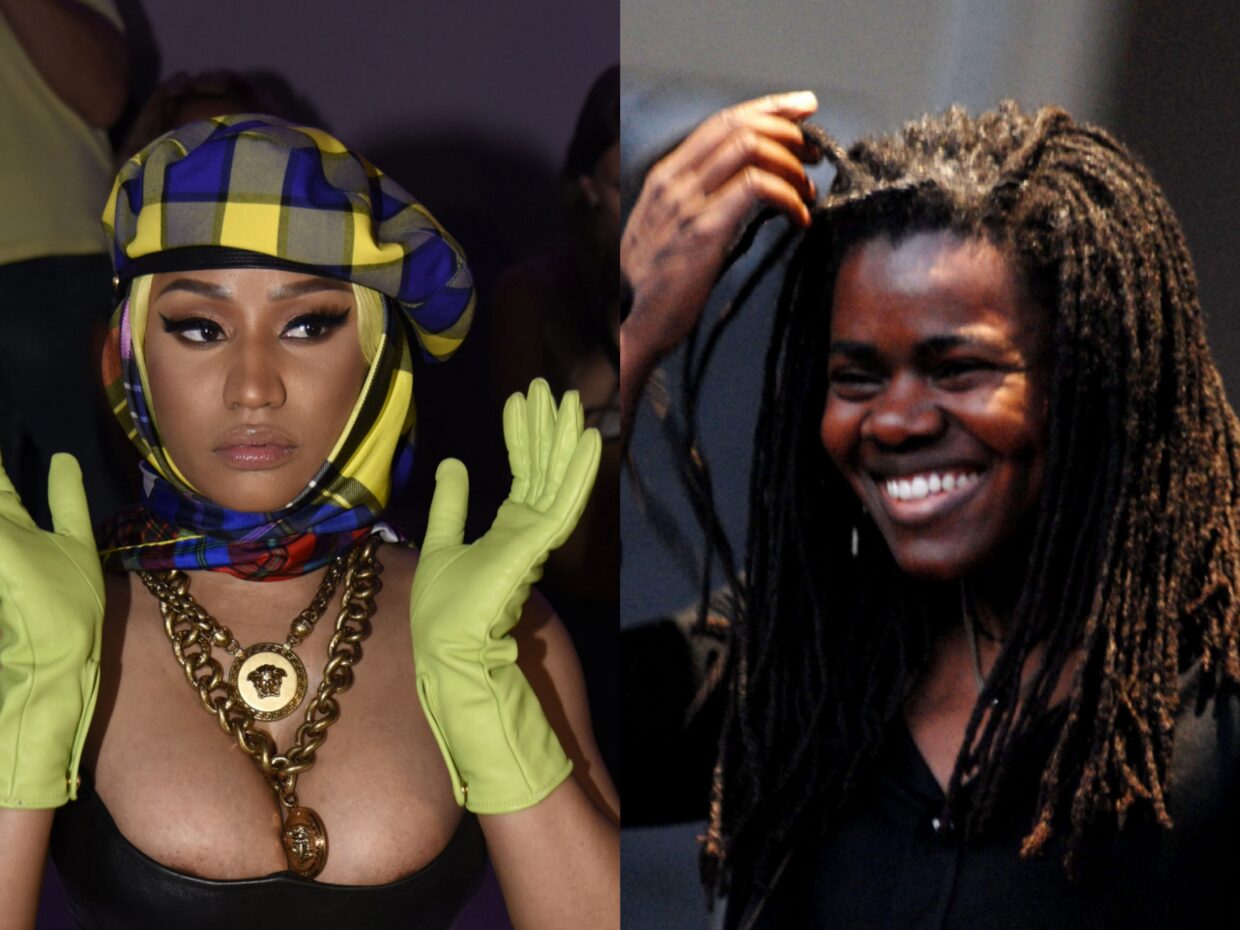(AllHipHop News) Nicki Minaj has been cleared of copyright infringement against singer Tracy Chapman.
The “Anaconda” hitmaker had originally intended to include the tune on her album Queen, but ended up releasing the project without “Sorry” as she encountered clearance issues.
Nicki Minaj had previously insisted she did nothing wrong, arguing the sample falls under the fair use category of copyright law, and requested the case be dismissed. She later decided to seek a jury trial to clear her name.
On Wednesday, U.S. district judge Virginia A. Phillips ruled in favor of Minaj, agreeing that her interpretation of the song was “fair use.”
“Artists usually experiment with works before seeking licenses from rights holders and rights holders typically ask to see a proposed work before approving a license,” Judge Phillips said in the ruling.
“A ruling uprooting these common practices would limit creativity and stifle innovation within the music industry.”
